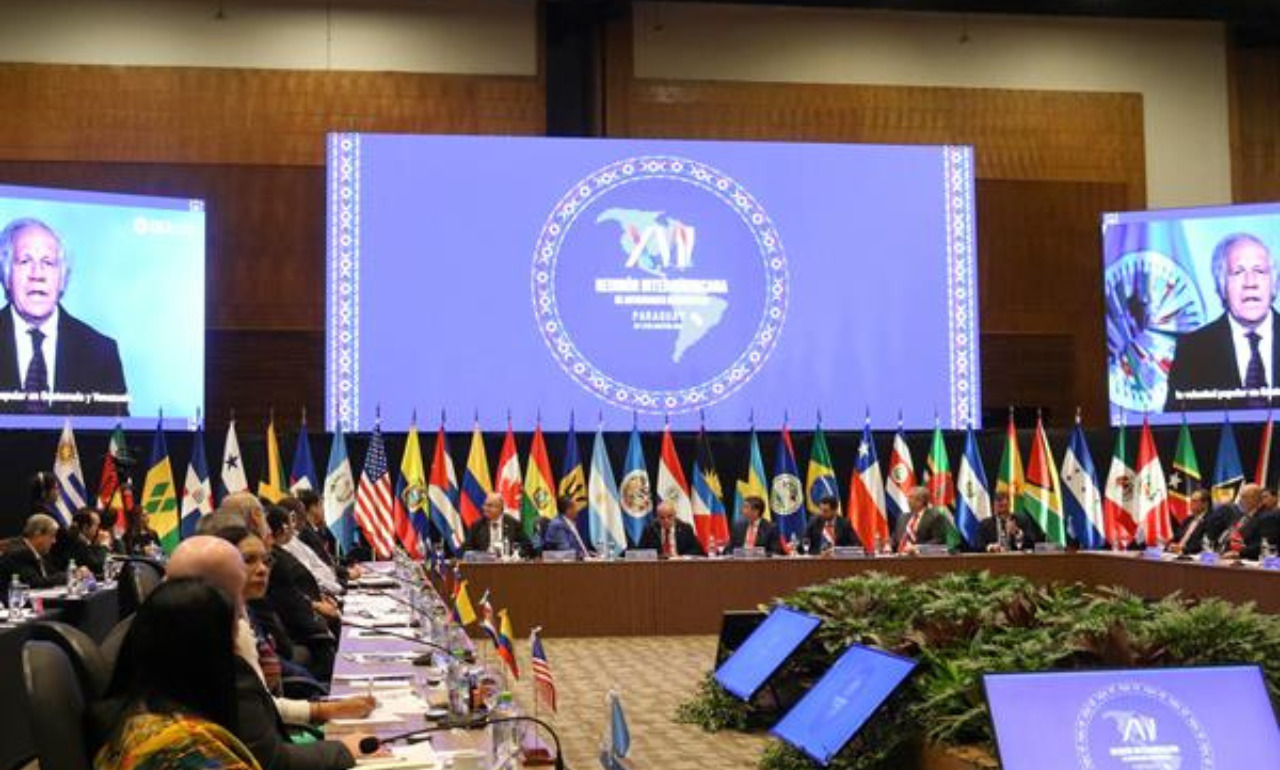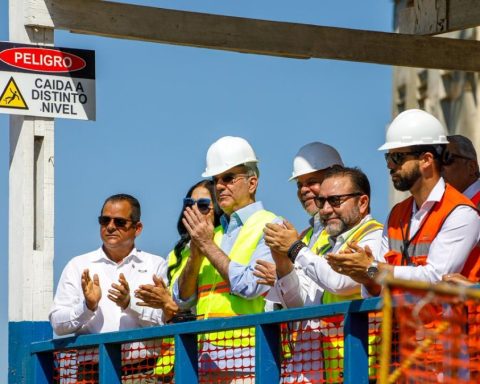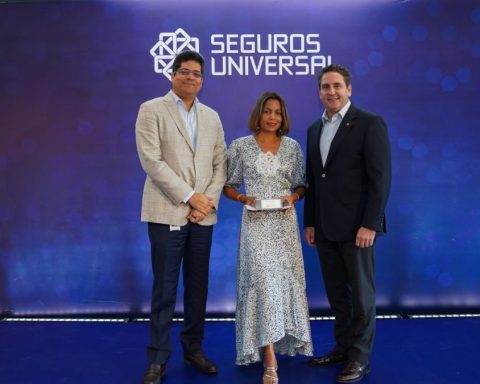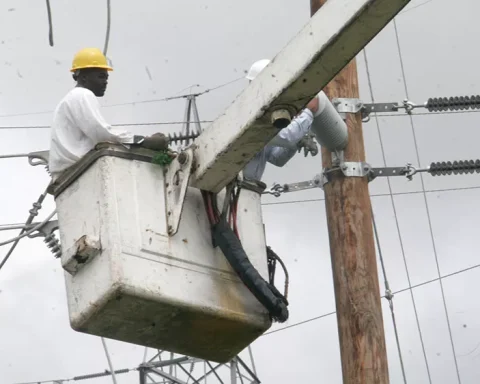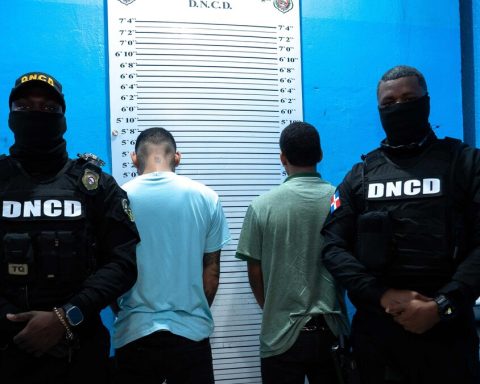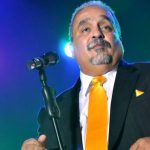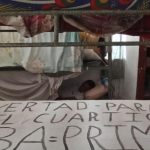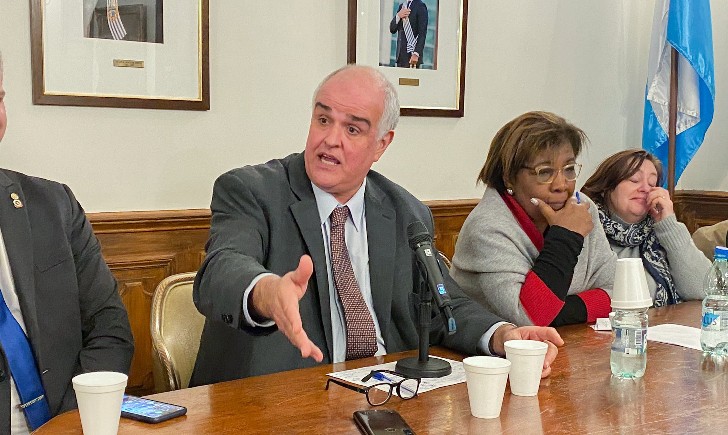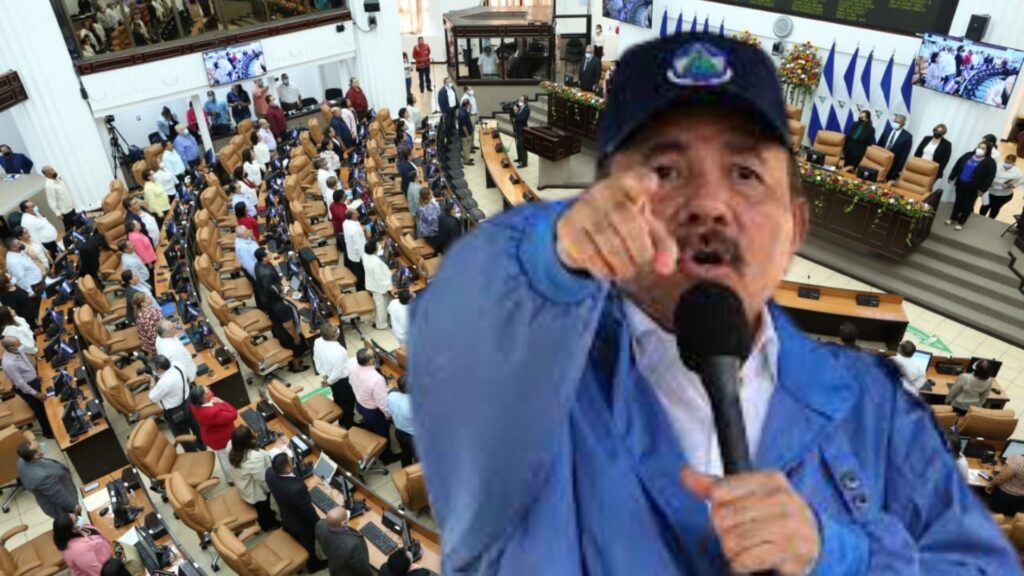Luque (Paraguay), Aug 20 (EFE).- The lack of transparency in the elections of July 28 in Venezuela and the absence of evidence to support the official result that declared the president the winner Nicolas Maduro show that the democratic system of that country has collapsed, warned this Tuesday the secretary for the Strengthening of Democracy of the Organization of American States (OAS), Francisco Guerrero.
«In what process electoral Where else in the world can we wait three weeks to find out the evidence that guarantees a result? Nowhere else in the world. What this confirms is that the democratic system in Venezuela collapse”, Guerrero told EFE. He is participating in the XVII Inter-American Meeting of Electoral Authorities (RAE) in the Paraguayan city of Luque.
For the official, the Venezuelans decided «in the opposite direction» according to the results issued by the National Electoral Council (CNE), which made official Maduro’s victory for a third six-year term in power, a result questioned by the opposition and the international community.
Guerrero’s thoughts on Venezuelan elections
“In the case of Venezuela, in particular, I think it has been evident, it has been very clear, that the people decided in a direction contrary to what the electoral authority says,” Guerrero said.
He also said that the electoral authority “has been characterized by being in the hands of the Nicolás Maduro regime.”
The Democratic Unitary Platform (PUD), the largest opposition coalition in Venezuela, has called the results announced by the CNE fraudulent and claims that its candidate, Edmundo González Urrutia, was the winner of the elections.
Guerrero said that the “lack of electoral independence” in Venezuela, as well as the “lack of political capacity” of the Maduro government “to recognize what the people have truly said at the polls, is what has generated this crisis.”
OAS on CNE autonomy in Venezuela
In this context, the OAS delegate stressed the importance of “electoral authorities being autonomous, independent, and not responding to the dictates of the powerful or interest groups.”
At the opening of the meeting, OAS Secretary General Luis Almagro said in a video that they will continue “fighting for the return of democracy in Venezuela.”
“The goal remains a future in democracy, without political persecution, with full respect for fundamental rights,” said Almagro, who urged electoral authorities to ensure that every voice and vote counts.
In defense of democracy
During the opening of the meeting, which will conclude on Wednesday, Paraguayan President Santiago Peña expressed his concern about the “slow resurgence of authoritarianism. He also focused on populism and anti-democratic ideas” in the region.
He mentioned that many people want to make people believe that “democracy is not up to the challenge of facing great challenges.” These include transnational crime, economic inequality and insecurity.
“To him, to them, I say loud and clear today: false prophets. Quite the contrary, I am convinced that the only way to fight these dangers is not with authoritarianism. Nor is its cousin, demagogic populism, but with democracy,” the president concluded.
Peña also urged the representatives of the 27 countries participating in this meeting to ensure the validity of democracy and to give “clear answers” that guarantee citizen confidence.
“I hope that in these days when we hear voices of despair that call for the return of authoritarian models, this meeting will become a true beacon of hope, of struggle for democracy, that it will be a light in the midst of darkness,” he said.
Artificial intelligence in electoral processes
Authorities from the 35 inter-American electoral bodies will analyze in Paraguay the impact and risks of artificial intelligence on democracy and the integrity of electoral processes.
They will also discuss multilateral efforts to preserve democracy, the health of the system and democratic institutions. They will also talk about promoting secure information ecosystems in the electoral field.
There will also be a space for dialogue on the effects of political violence on elections.
The crisis in Venezuela is not explicitly on the agenda, although it will surely be one of the topics of debate.
